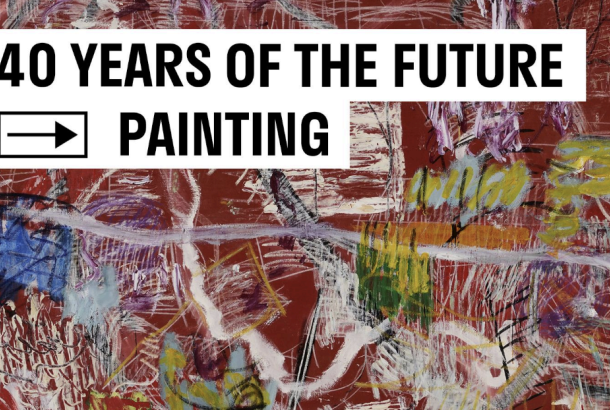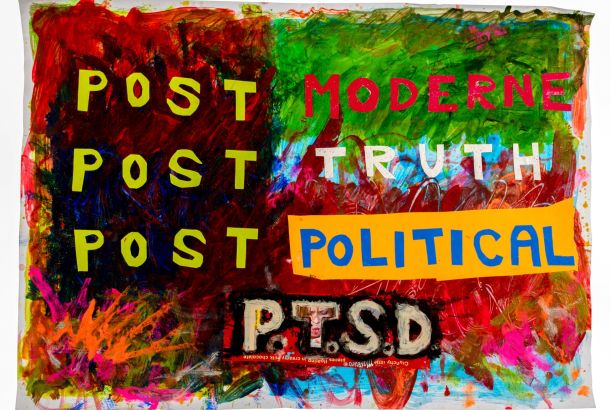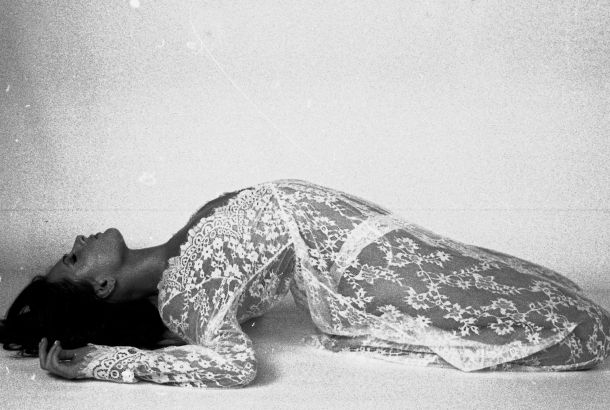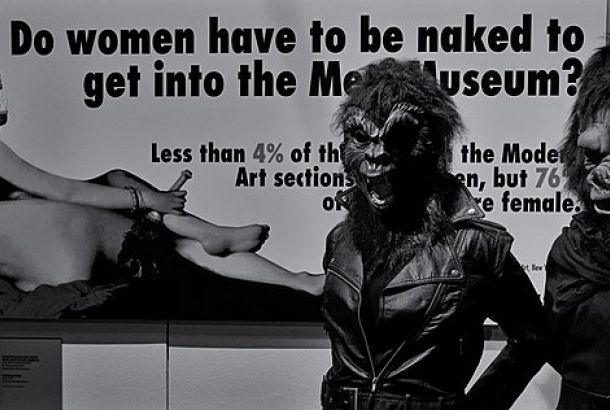The “soft” arts
By Jack Sheen
The Sunday Times recently announced that the government has planned to cut GCSE subjects such as P.E. and Drama, with many other “softer subjects” placed in the firing line, including many arts subjects. Jack Sheen tells us what he thinks…
For the remainder of this brief article, ‘arts subjects’ will be defined as those that focus on creative and often abstract practices, such as art and design, music, drama and film. Putting aside arguments as to whether or not GCSEs are an effective way of assessing certain subjects, this plan epitomises an attitude held by a majority of people that studying the arts is easy, and those who do are skiving off of real work by choosing a ‘soft’ subject. As someone with an A level, GCSE and (hopefully soon) a degree in music, as well as a GCSE in art, I find it baffling that educational institutions fail to see the truly challenging side to these subjects, and haven’t designed curriculums that tap into the rigorous academic potential that the arts have.
For years I’ve wondered why this is. Perhaps the creative side of the arts dominates its image; we are all bought up in a culture where successful artists are the recipients of some mysteriously metaphysical and indefinable source of inspiration, which cannot be simply taught and passed on to any old student. Despite this, curriculums seem to try and gently do so, creating assessments that seem to gently foster a student’s imagination and technical skill within a vague set of rules and regulations. It seems as though educational bodies are saying that ‘genius’ can’t be taught, but it’s worth trying anyway, ultimately creating the wishy-washy approach towards assessing the creative side to arts subjects which is seen as so ‘soft’. It doesn’t take a specialist art critic to understand that practically no GCSE art student will paint or think like Monet, nor will any teenage drama student act like Binoche, and thus taking part in a subject which attempts judge you as part of that culture anyway seems patronising and absurd, especially when some people actually get decent grades.
What would be infinitely more beneficial is a focus on the more academic approaches to these subjects, an assessment of the social and cultural contexts surrounding certain artists, periods or works, an analysis of the basic mechanics of music, plays, films or visual artworks s well as the sociological impact the arts have on contemporary culture. These examples would supplement and enhance the creative focus of subjects such as art, music, drama and film, whilst also nurturing the critical and analytical skills of its subjects, found in idolised subjects such as English, history or philosophy. This analysis of the artist, the art itself and its context is essential to not only understanding its true power but also the potential to create such powerful new work.
The government is trying to push people further away from the arts and I think the current curriculums built around the arts are clearly disadvantageous and academically shallow. Maybe the more academic side to these subjects is not what makes them so appealing in the first place anyway, despite their ability to ultimately demystify their practice and benefit its creation in the future. It is their ability to do this that, I think, should be something that encourages students to engage with their surrounding culture.







